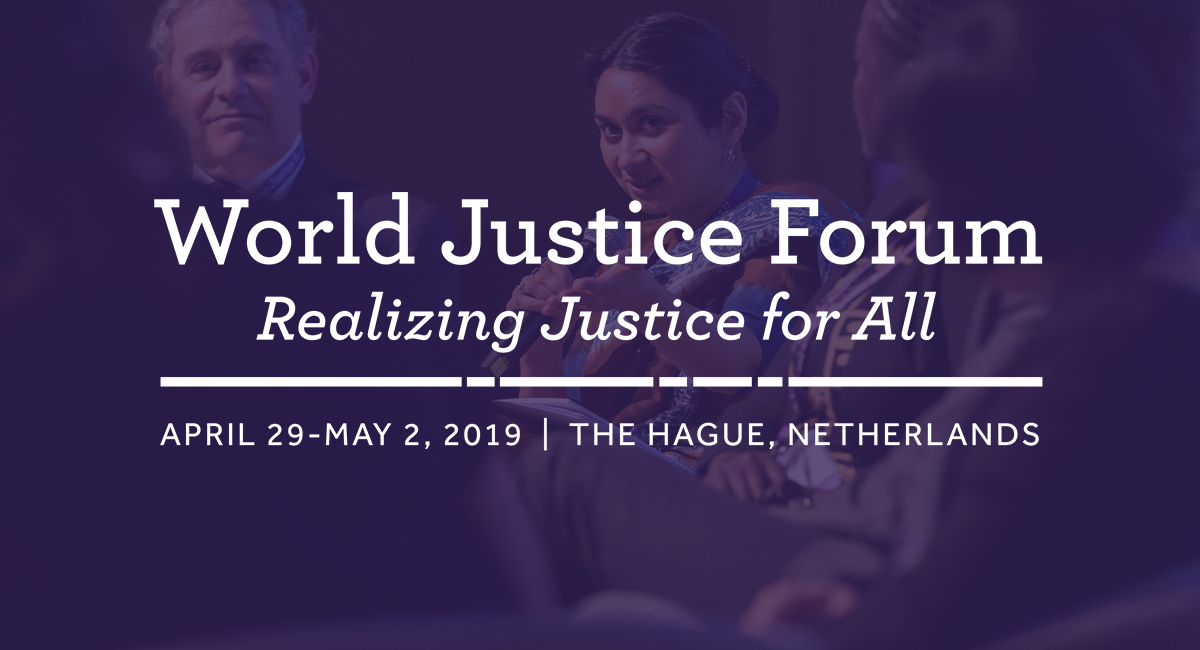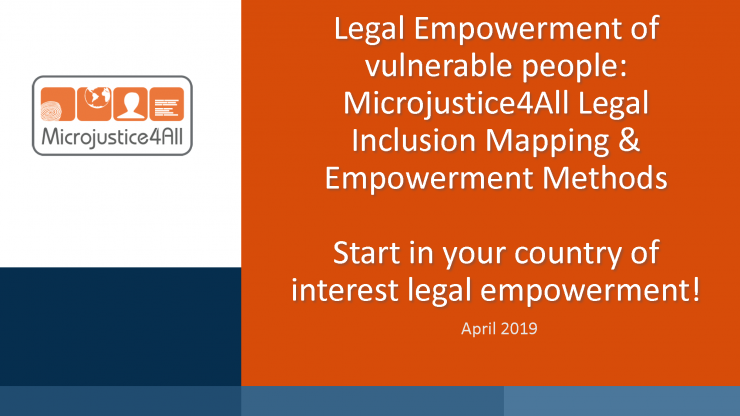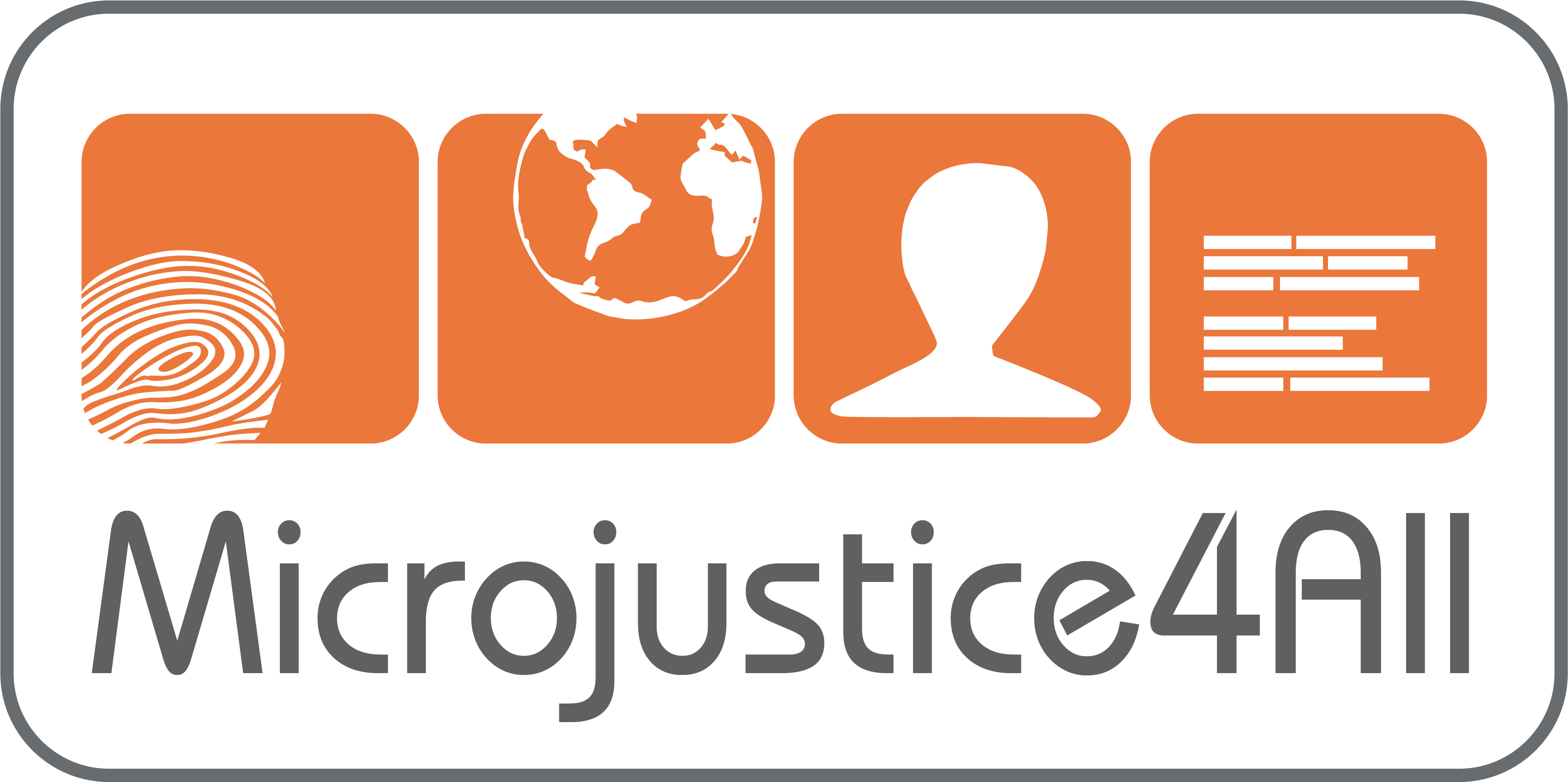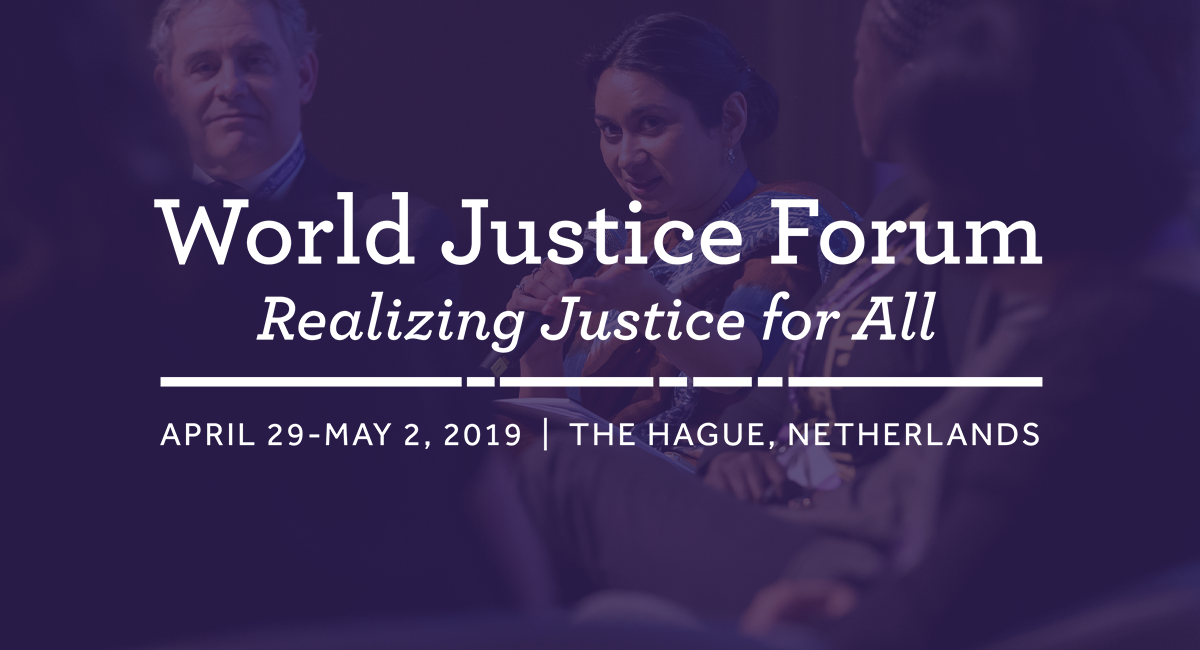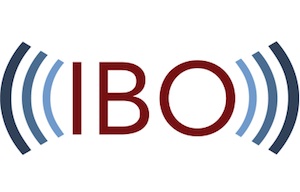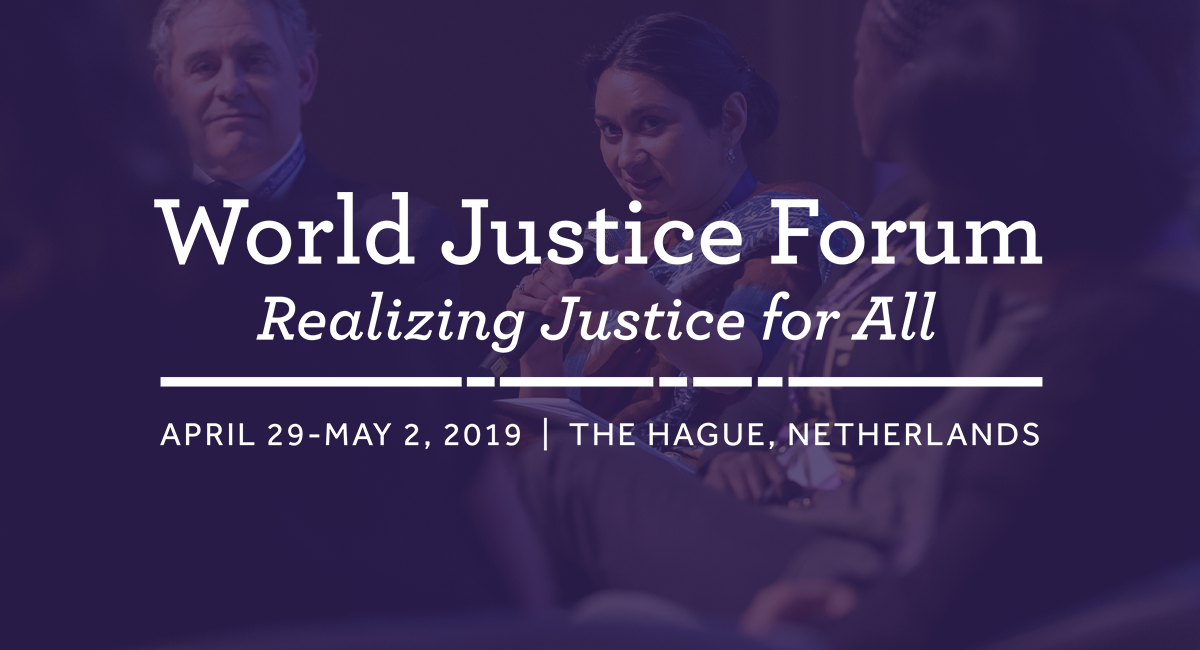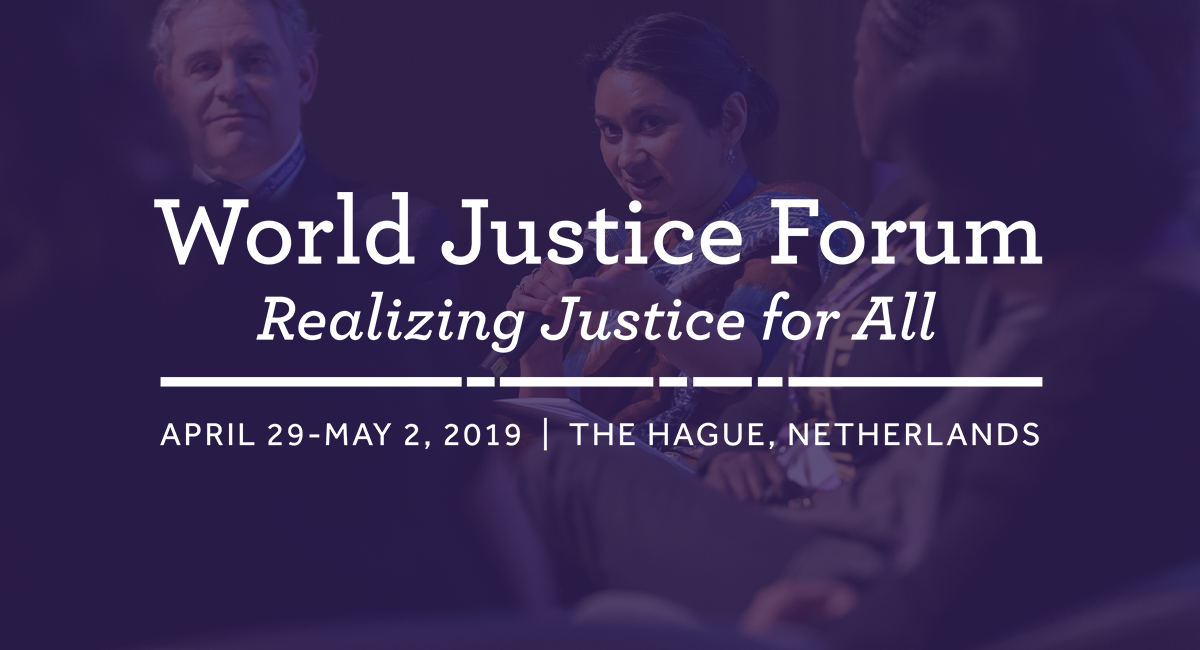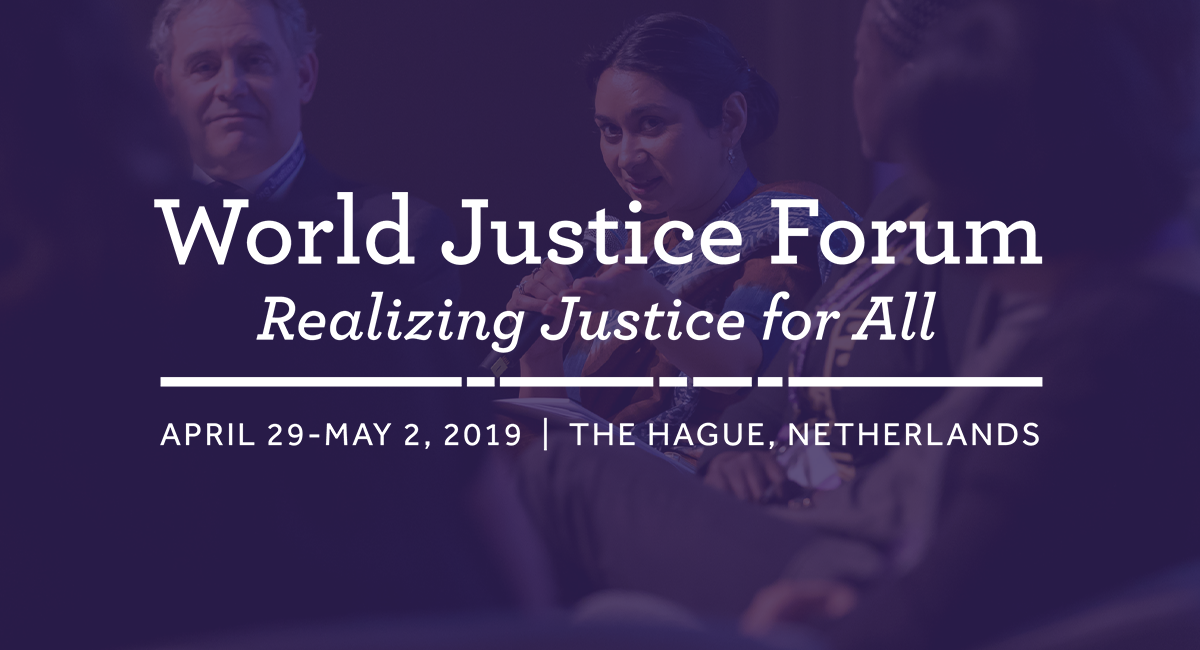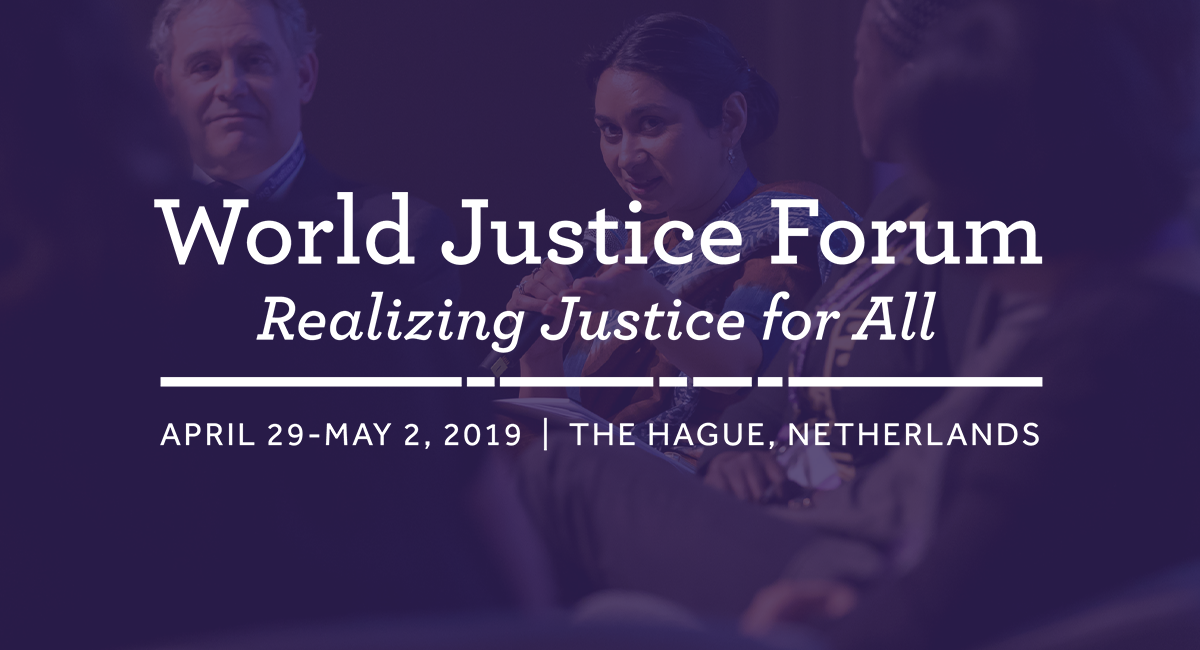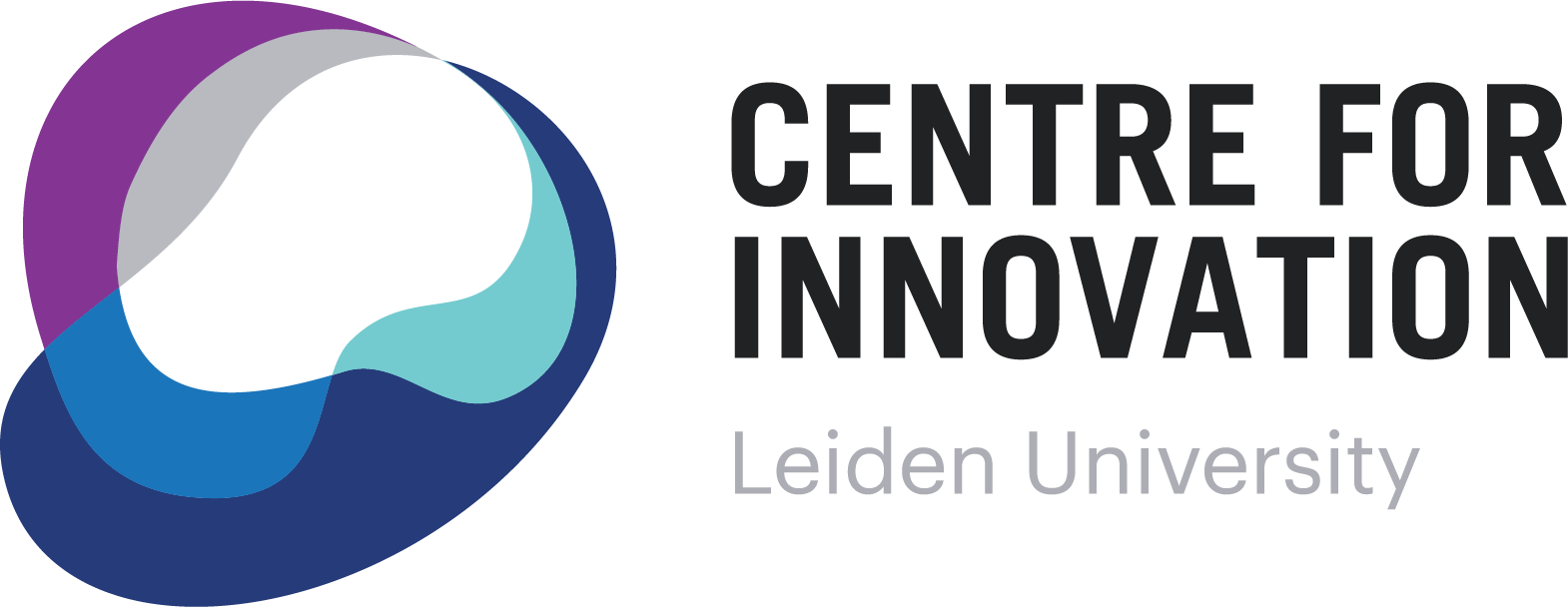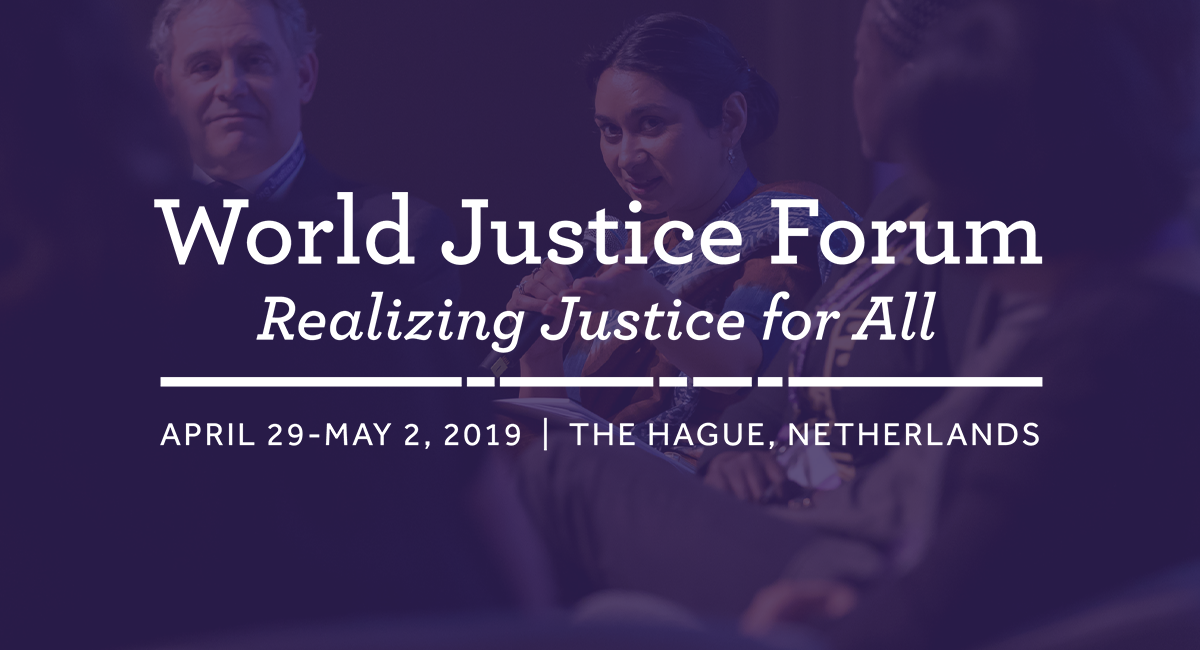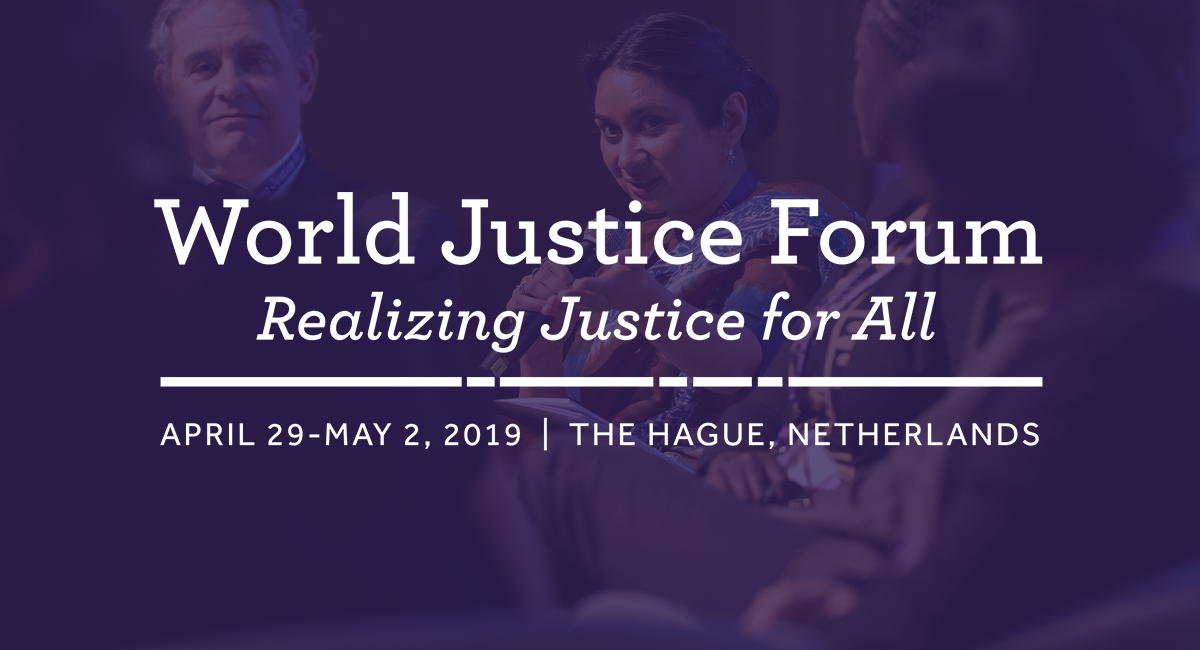During these working sessions, participants will explore how to design and implement data-driven strategies that contribute to building more just communities.
- Cultivating Judicial Leadership in the Tech Evolution of Courts Online EN / FR / ESP
- Establishing a People-Centered Access to Justice Research Agenda In-Person EN
- Gender Justice on the Frontlines: Grassroots and Institutional Responses to GBV Online EN / FR / ESP
- The Impact of Data and Evidence in Anti-Corruption Policies in Mexico Online EN / ESP
- Intersectional Discrimination in a Post-Covid World: Violations, Solutions, and Actions In-Person and Online EN
- Pathways to Justice: Effective Tools for Localized Community Solutions In-Person EN
- People-Centered Innovations in Community Justice In-Person and Online EN
- Whistleblowing for Our Future: Innovations in Society’s Best Anti-Corruption Tool In-Person and Online EN


